Zamknij arrow_back
- Nowości
-
Mapy i publikacje
add remove Mapy papierowe add removePublikacje papierowe add remove
-
Nawigacja
add remove Zegary add removeBarometry add removeTermometry , Higrometry, Barografy add removeAreometry (Densymetry) add remove
-
Sygnalizacja
add remove Lampy Nawigacyjne, Szperacze add removeŻarówki add removeLatarki add removeZnaki dzienne add remove
-
Środki ratunkowe
add remove Kamizelki add removeTratwy add removeKombinezony ratunkowe add removePirotechnika morska add removeKoła, Pławki, Tyczki add removeUprzęże, Linki, Taśmy Bezpieczeństwa add removeReflektory radarowe add removeBosaki, Wiosła add remove
-
Elektronika morska
add remove Radiotelefony add removeOdbiorniki Pogody add removePLB / AIS MOB, OLAS add removeRadiopławy, Transpondery add removeWiatromierze add removeAkcesoria add remove
-
Sprzęt pożarowy
add remove Akcesoria add remove
-
Wyposażenie pokładowe
add remove Drabinki Pilotowe, Ewakuacyjne add remove
- Nowości
-
Mapy i publikacje
add remove Mapy papierowe add removePublikacje papierowe add remove
- Nawigacja add remove
- Sygnalizacja add remove
- Środki ratunkowe add remove
- Elektronika morska add remove
- Sprzęt pożarowy add remove
-
Wyposażenie pokładowe
add remove
SOLAS Consolidated Edition, 2020
Of all the international conventions dealing with maritime safety, the most important is the International
Convention for the Safety of Life at Sea, better known as SOLAS, which covers a wide range of measures
designed to improve the safety of shipping.
The Convention is also one of the oldest of its kind: the first version was adopted in 1914 following
the sinking of the Titanic with the loss of more than 1,500 lives. Since then there have been four more
versions of SOLAS. The present version was adopted in 1974 and entered into force in 1980.
In order to provide an easy reference to all SOLAS requirements applicable from 1 January 2020,
this edition presents a consolidated text of the Convention, its Protocols of 1978 and 1988 and all
amendments in effect from that date. Additionally, this edition includes Unified Interpretations to SOLAS
regulations, which were adopted by the Maritime Safety Committee.
Convention for the Safety of Life at Sea, better known as SOLAS, which covers a wide range of measures
designed to improve the safety of shipping.
The Convention is also one of the oldest of its kind: the first version was adopted in 1914 following
the sinking of the Titanic with the loss of more than 1,500 lives. Since then there have been four more
versions of SOLAS. The present version was adopted in 1974 and entered into force in 1980.
In order to provide an easy reference to all SOLAS requirements applicable from 1 January 2020,
this edition presents a consolidated text of the Convention, its Protocols of 1978 and 1988 and all
amendments in effect from that date. Additionally, this edition includes Unified Interpretations to SOLAS
regulations, which were adopted by the Maritime Safety Committee.
Podobne z kategorii
Availability: 2 In Stock
This publication presents engineering specifications for fire safety equipment and systems required by SOLAS chapter II-2 concerning:
- international shore connections
- personnel protection
- fire extinguishers
- fixed gas fire-extinguishing systems
- fixed foam fire-extinguishing systems
- fixed pressure water-spraying and water-mist fire-extinguishing systems
- automatic sprinkler, fire detection and fire alarm systems
- fixed fire detection and fire alarm systems
- sample extraction smoke detection systems
- low-location lighting systems
- fixed emergency fire pumps
- arrangement of means of escape
- fixed deck foam systems
- inert gas systems
- fixed hydrocarbon gas detection systems.





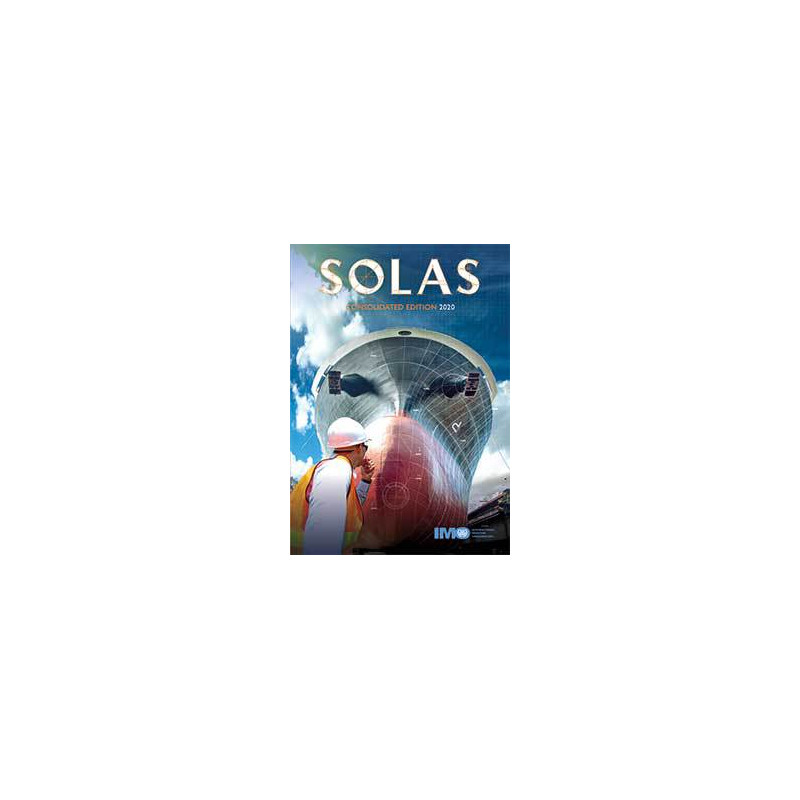

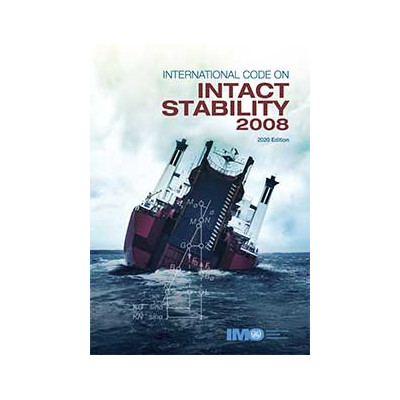
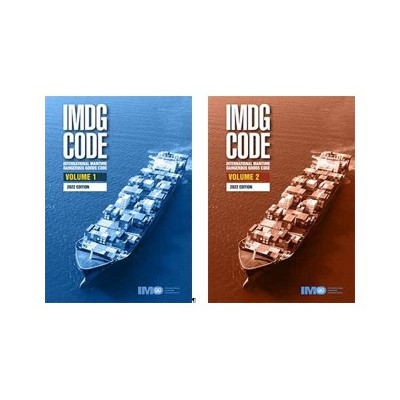
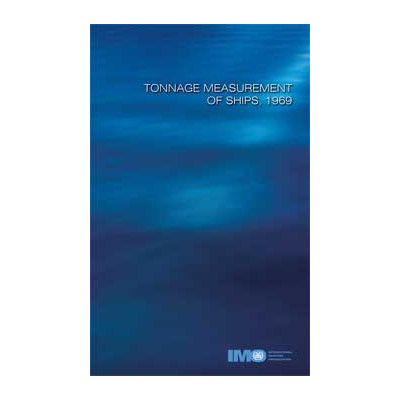
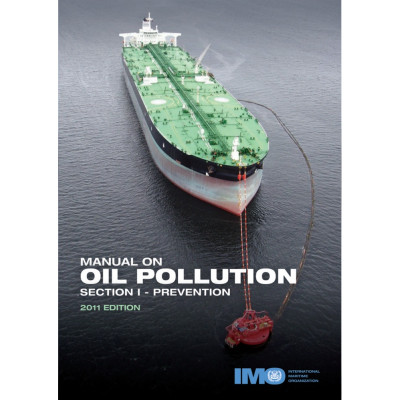
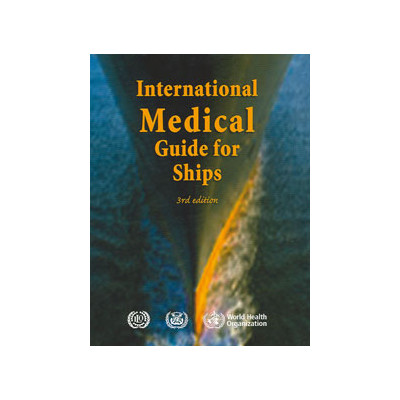
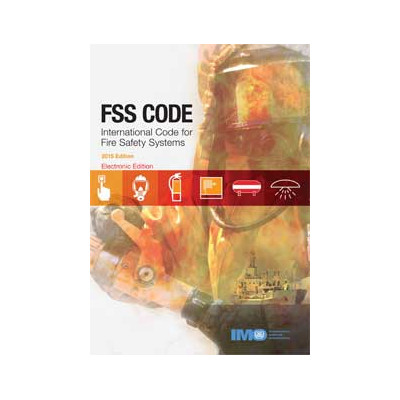
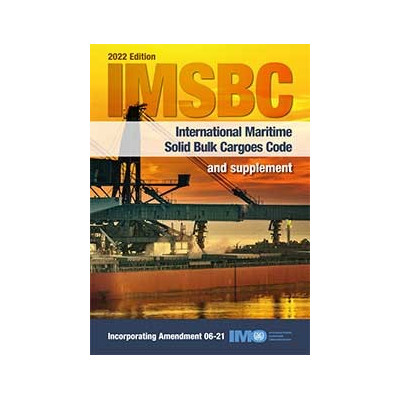
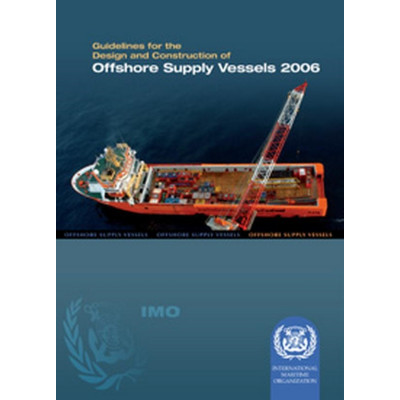
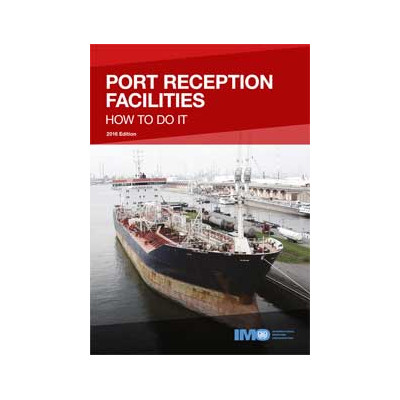
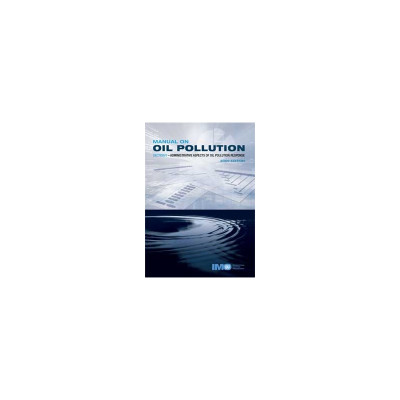
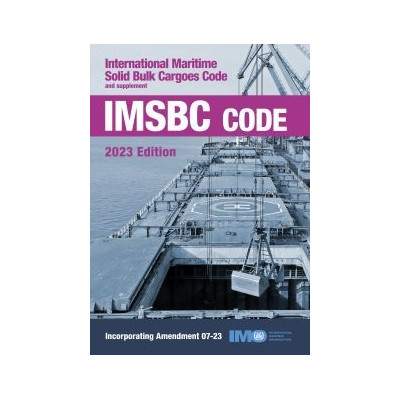
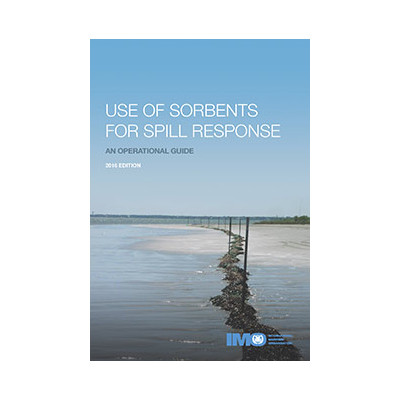
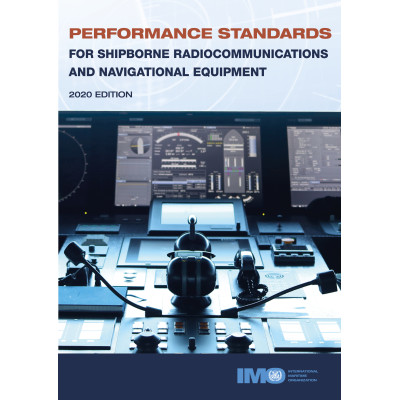
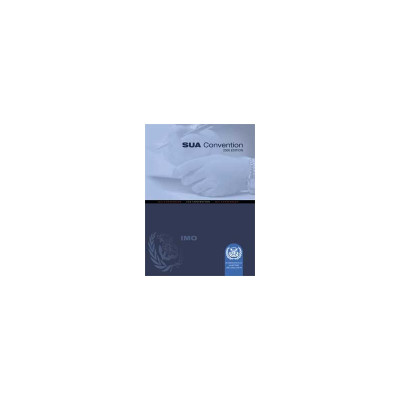
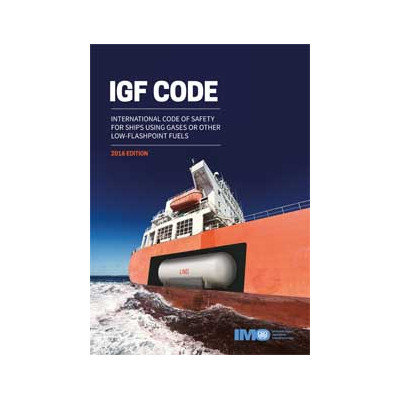
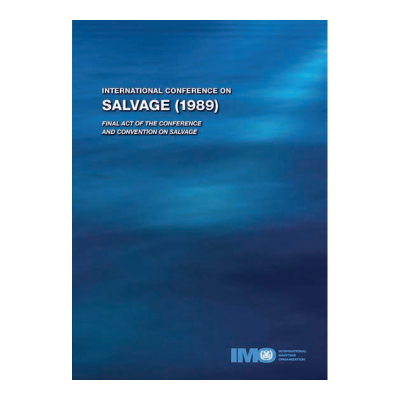
 Cookies
Cookies